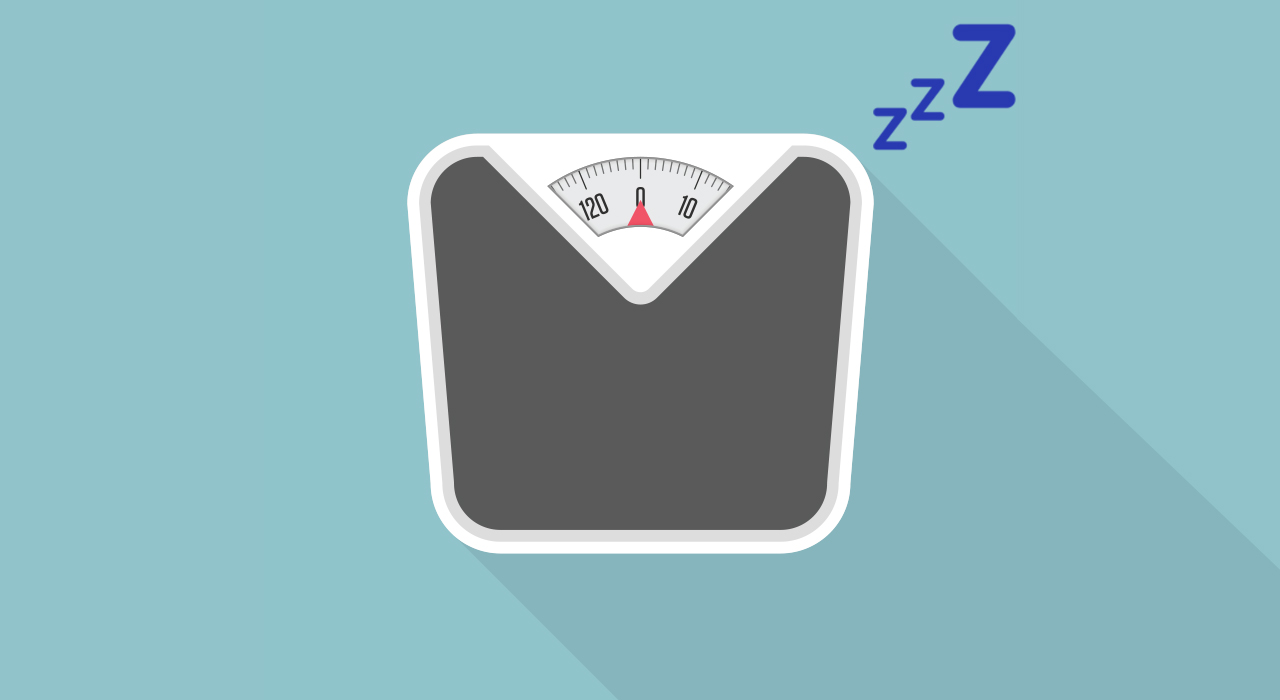Weight Loss
Does Sleep Help You Lose Weight?
One of the biggest factors in progress that people tend to overlook is sleep. During sleep is when our bodies go through a lot of healing and repairing, it is just as vital as eating and exercising. It impacts our immune system, hormones, appetite, and cognitive function.
But, how does sleep connect with the number on the scale? You may be following your plan and killing it in the gym but you get on the scale and see a weight increase. One of the biggest culprits is lack of sleep. Most people need at least 7-8 hours, however, if you get under 6 hours even once, this can cause the scale to increase.
The reason this happens is your body is stressed and produces a hormone called cortisol. Cortisol is not inherently bad, we need it for survival. However, it can start affecting you when it is chronically elevated is when it starts causing health problems. In a typical day our levels rise in the morning and decrease by nightfall preparing the body for sleep, but if your body does not receive adequate rest, this will cause you to hold water and even look bloated. The good news is usually one night’s lack of sleep can easily be fixed. Catch up on sleep and the next day you’ll shed that water retention and the scale will come back down.
However, if you are consistently sleep deprived, your cortisol over-production will become chronic and weight loss efforts will be hindered. Other hormones such as Leptin is decreased during sleep deprivation. Leptin is a hunger-suppressing hormone produced by fat cells and signals satiety to the brain, while the hormone ghrelin (produced by the stomach to stimulate hunger) is elevated causing increased appetite.
– RELATED: How Does Our Health Suffer When We’re Sleep Deprived? –
Sleep deprivation can also affect glucose tolerance, your body’s ability to recognize glucose in your blood and pull it into the cell to fuel activity. With all of these metabolic contributors in play, you’re more likely to overeat and crave high carb, high-fat foods. The problem is, your blood sugar is more likely to stay elevated when you aren’t efficiently utilizing glucose because your body is under stress. Our metabolism actually slows down, as well as our digestive processes.
Individuals who may experience constipation will see their condition worsen during sleep deprivation. One of the best things you can do when trying to achieve weight loss is to make sure you make sleep a priority! This is especially important if you are dieting and training when your body needs time to recover. The scale isn’t everything but it will cooperate in our favor (other factors aside) if we give our bodies enough rest.
Want more like this? Sign up to the TRAIN for HER newsletter today.






















